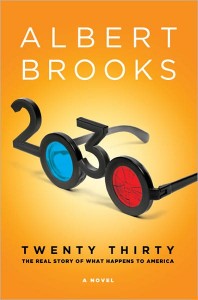China holds 16% of America’s total national debt.
This excerpt from Wikipedia should concern us greatly:
As of May 2011 the largest single holder of U.S. government debt was China, with 36 percent of all foreign-held U.S. Treasury securities (16% of total US public debt). China’s holdings of government debt, as a percentage of all foreign-held government debt, have decreased a bit over the last year, but are up significantly since 2000 (when China held just 6 percent of all foreign-held U.S. Treasury securities).
That works out to a cool $6.25 trillion… not a paltry sum! China has loaned us, the USA, an obscene amount of money over the years. And we’ll most certainly go back for more.
In 1990’s there was a huge influx of wealthy Chinese immigrants to Vancouver, BC. So large was the influx, the city was tagged with the name “Hongcouver”. Since then, much of the city is under Chinese ownership. At first, the Vancouverites were thrilled with the boost in their economy. The housing market boomed and the suffering economy was greatly strengthened. But now that the Chinese essentially own Vancouver, there are second thoughts.
These facts and having recently read Albert Brook’s 2030: What Really Happens to America, is why this article caught my eye…
China could own the moon by 2026, U.S. space entrepreneur warns
by JohnThomas Didymus
A U.S. space entrepreneur, Robert Bigelow, has sounded alarm that China could own large portions of the moon by 2026, edging out the United States in the race for ownership of the moon.Mr. Bigelow made this warning at the 2011 International Symposium for Personal and Commercial Spaceflight on Wednesday.
Robert Bigelow, according to Space.com, said China’s growing technological capability, economic buoyancy, motivation and will to win the space race to “own the moon” places it at advantage to the U.S. which he said is still “basking in the lunar glory from 40 years ago.”




